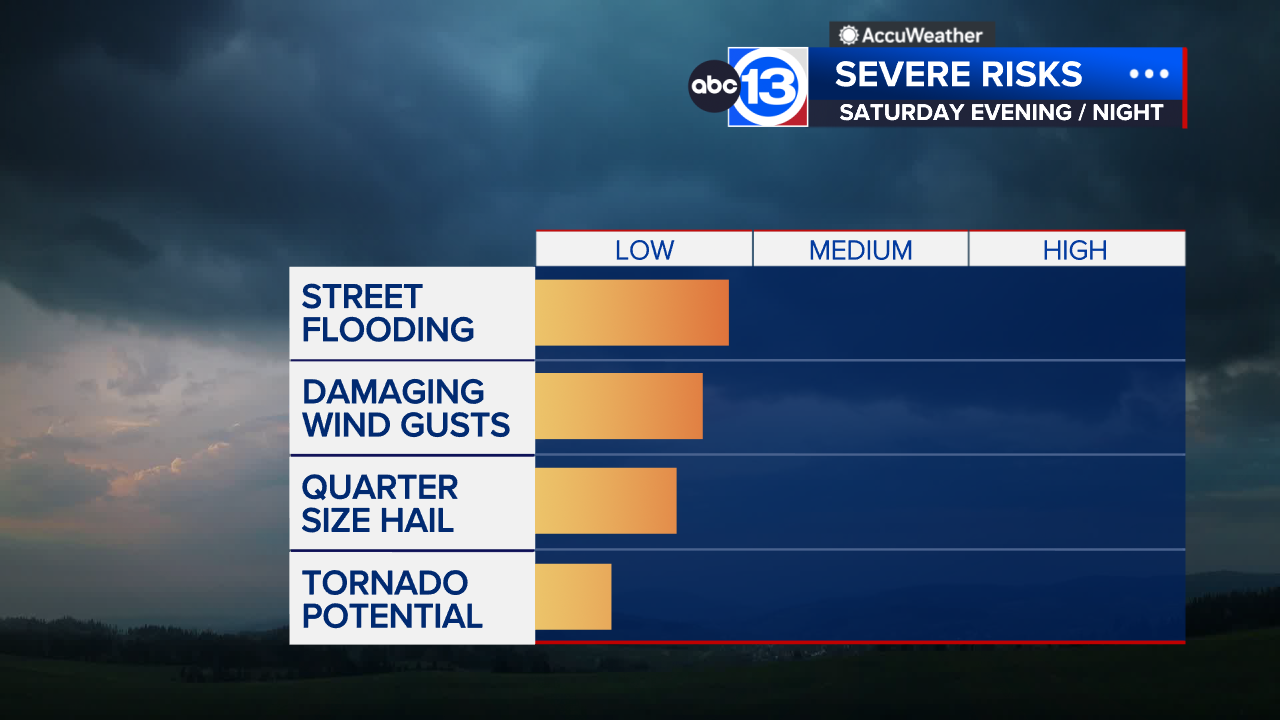Doctors help patients prepare for their cancer journey
HOUSTON, Texas (KTRK) -- Receiving a cancer diagnosis is overwhelming, emotional and traumatic for patients. Usually, there's so much information given to them at one time that it's hard to remember all the details about their treatment.
Some doctors want to make sure patients are armed and ready for their cancer journey, and they're doing it through a new type of therapy dubbed 'prehab.' It's a way for patients to learn about lifestyle changes, exercises and signs of a more serious side effect before they start their treatment.
It was just a few months ago when Deanna Miller got the news that there was something suspicious on her mammogram.
"I thought it was just a cyst. I'm sure the biopsies will come back negative," she recalled.
But it wasn't.
"When I got the result, that's when it hit me. It's cancer!" said Miller.
Doctors diagnosed Miller with stage 3A Breast Cancer and ordered BRCA testing.
"It wasn't until I had the BRCA testing that it really kicked in because now I have a genetic problem on top of having cancer," explained Miller.
Knowing that she carried the gene, Miller used this knowledge as a way to help the future health of her family and to fight.
"I never had the opportunity to cry again," she said.
Miller's doctor is Dr. Frankie Holmes, an oncologist affiliated with Memorial Hermann Memorial City Medical Center. Dr. Holmes recommended Miller visit occupational therapist Emilia Dewi at TIRR Memorial Hermann Outpatient Rehabilitation at Memorial Hermann Memorial City Medical City.
"Prehab is basically part of a continuing care that starts at diagnosis to the treatment of the disease, whether it be surgery, chemotherapy, radiation," explained Dewi.
Dewi works primarily with breast cancer patients who often suffer from lymphedema. She measures range of motion and volume in the arms as a baseline.
"I give my patients specific activities and restrictions and exercises post-surgery," Dewi said. "Patients don't know what to do post-surgery, and they don't know what to look for."
Dewi also explained the warning signs.
"For lymphedema, I tell patients to look for skin wrinkling. We watch for signs of heaviness. Also, if they can't see their vein anymore," explained Dewi.
Miller knew how to respond to her symptoms thanks to Dewi.
"The prehab made me aware of the symptoms. They are subtle and they can be confused with the surgery and swelling," said Miller.
Memorial Hermann also offers prehab for head, neck and throat cancer patients where they can learn swallowing exercises to help them post-surgery. Other patients may receive fitness training to combat the weakness and fatigue of cancer treatment.
As for Miller, she's still on her journey and doing well. She has a couple more chemo treatments and radiation, and we wish her the best.





